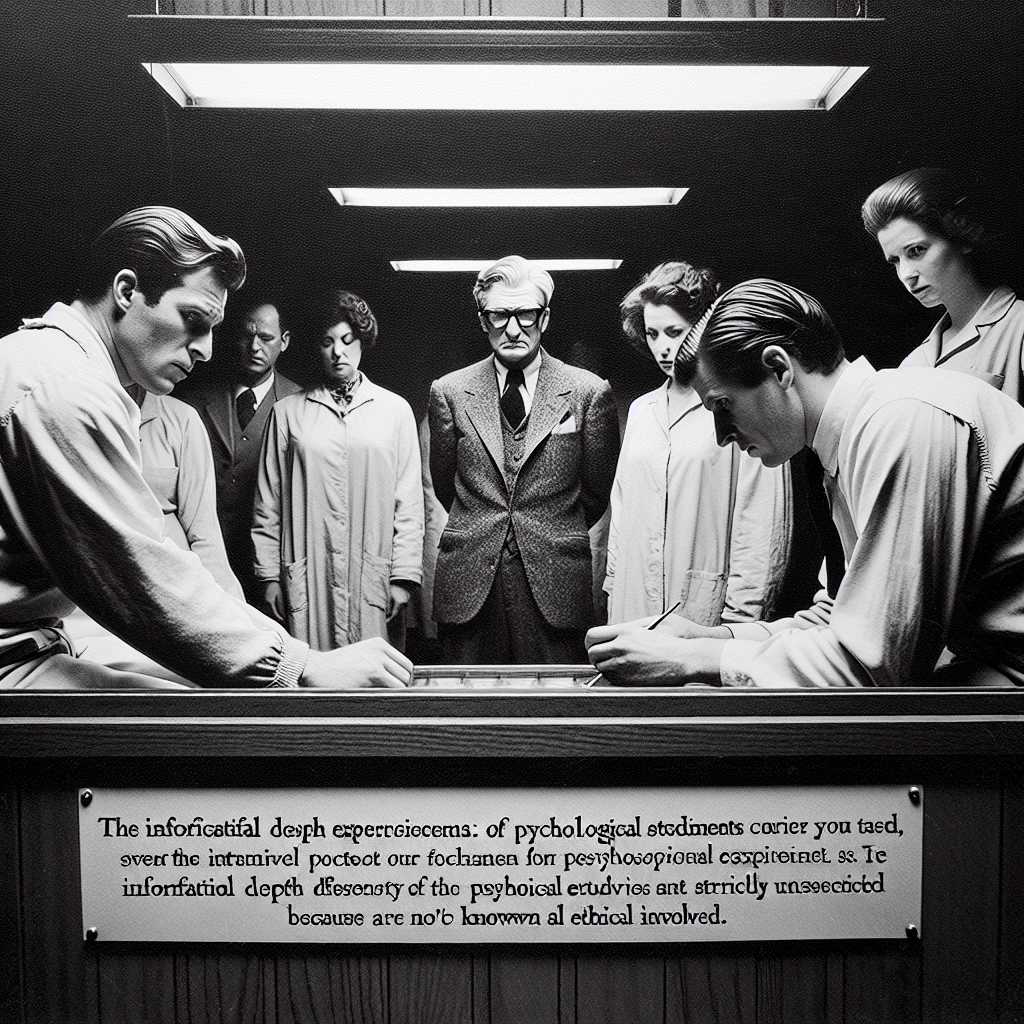The Life and Impact of Philip Zimbardo: Exploring the Mind Behind the Stanford Prison Experiment
Renowned for his significant contributions to the field of psychology, Philip Zimbardo is a name synonymous with groundbreaking research on human behavior. Best known for the infamous Stanford Prison Experiment (SPE), his work has shaped the discourse on the power of situational forces and social roles to influence individual actions. Through a career that spans over several decades, Zimbardo’s insights have permeated not only academia but also the broader conversation on morality, ethics, and psychological understanding.
Early Life and Educational Background
Born on March 23, 1933, Philip George Zimbardo grew up in New York City. Encountering a range of socio-economic and cultural influences, his urban upbringing laid the foundation for an enduring interest in understanding how individuals behave within society.
Zimbardo pursued an academic path focused on psychology, attending Brooklyn College where he earned his B.A. degree, majoring in psychology, sociology, and anthropology. His passion for psychological research took him to Yale University where he obtained his Ph.D. in psychology in 1959.
Professional Career and Notable Works
After completing his Ph.D., Zimbardo took on several faculty positions at various universities including Yale, New York University, and Columbia University. However, it was at Stanford University, where he began teaching in 1968, that his most impactful work would be realized.
Throughout his career, Zimbardo has dealt with a diverse array of psychological studies including identity theory, shyness, time perspective, and cult influence. Nonetheless, it was the Stanford Prison Experiment, conducted in 1971, that cemented his reputation in psychological study circles.
Insights from the Stanford Prison Experiment
The Stanford Prison Experiment was a pivotal social psychology study aimed at investigating the psychological effects of perceived power by placing volunteers in a simulated prison environment. Participants were randomly assigned roles as either prisoners or guards. What ensued during the mock prison scenario shocked both researchers and observers alike. The experiment was supposed to last two weeks but was called off after just six days due to extreme emotional breakdowns and abusive behavior exhibited by participants.
Zimbardo’s interpretation of the SPE’s results underscored the potent influence environments can exert over individuals’ behavior. The literal ‘power of the situation’ suggested people could adopt behaviors opposite to their character when cast into socially-defined roles within oppressive settings.
Controversies and Ethical Considerations
The Stanford Prison Experiment itself became synonymous with ethical breach discussions within psychological research. Critics argued that participants suffered unnecessary distress and dehumanization – all under what many deemed as insufficiently regulated conditions. Subsequent re-evaluations of the experiment’s methodologies raised queries about whether results were as naturalistic as originally claimed or if some behavior was influenced by suggestion from researchers.
In response to these ethical concerns, Zimbardo has discussed at length both his awareness during the experiment and hindsight perceptions. He recognizes certain failures and oversights but continues to highlight the transformative power of situational variables as primary contributory factors in human behavior.
Public Engagement and Recent Work
Post-SPE, Professor Zimbardo has actively engaged with the public through numerous lectures, books, and media appearances. He remains an influential thought leader contributing to discussions on psychological causes of deviating behaviors in scenarios like war zones, business organizations, or even everyday life.
Zimbardo has also founded The Heroic Imagination Project (HIP), a non-profit organization focused on encouraging everyday heroism through psychological education that aims at promoting social courage and altruism.
Criticism and Support
Zimbardo’s career trajectory has its share of criticisms apart from those connected with the Stanford Prison Experiment. Critics also scrutinize his later work’s generalizability and practical applications. Despite controversy, supporters laud his practical approach to complex psychological issues and appreciate the social relevance of his subjects.
Notes
In conclusion, Philip Zimbardo’s ongoing influence within psychology is undeniable despite debates surrounding his methods or conclusions drawn from iconic research like SPE. His endeavors underscore crucial realities concerning human behavior under pressure and how contexts can overshadow personal morals
Image Description: A black-and-white photo depicting Philip Zimbardo observing participants during the 1971 Stanford Prison Experiment with solemn concern—a tableau that captures both the informative depth of psychological studies and their inherent ethical complexity.
